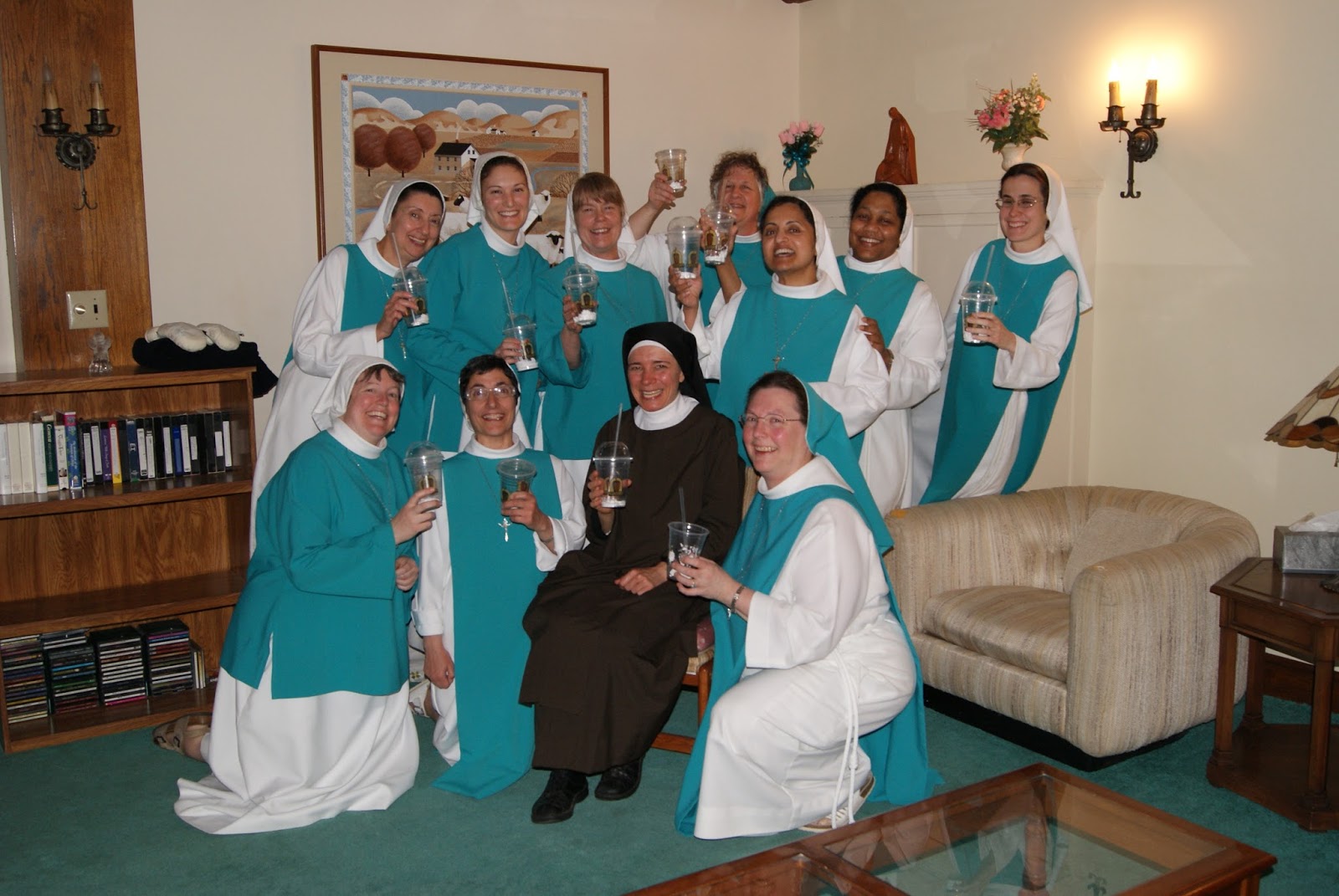The human heart.
The center of man’s affectivity – his emotions, desires,
passions – the ability to “feel”, in the broad range of all that involves, from
simple happiness and sadness to empathy, deep love, righteous anger, saintly
ecstasy. I don’t think any of us disagrees that we do, indeed, have a heart.
After all, how many times (in a day maybe!) do we use the word?
Follow your heart…
Let’s have a heart-to-heart talk….
My heart goes out to her….
It’s very close to my heart….
He broke my heart….
Oh, HEART! Oh beautiful, mysterious, awful heart!
Follow your heart…
Let’s have a heart-to-heart talk….
My heart goes out to her….
It’s very close to my heart….
He broke my heart….
Oh, HEART! Oh beautiful, mysterious, awful heart!
Last Saturday, I went to confession (because I’m not perfect),
and the priest saw me drive into the parking lot. He came up to my car to say
hello, and remarked, “You don’t look too good”. I might have otherwise been
offended, but it was a fair observation, as I had been crying quite a bit that
morning. After I made my confession, he asked the reason for my tears, and I
said, “It’s the same ol’ stuff, Father. I’m just a girl with a heart.”
Indeed, “more tortuous than anything is the human heart,
beyond remedy; who can understand it?” (Jeremiah 17:9).
Sometimes, I really appreciate my heart. Sometimes – usually
when I am deeply moved or overjoyed – I am awed by God’s design of the heart.
But there are many times when I wish I could shut off my heart, when I want to
ignore or overcome its neediness or desires, when I am angry with its deceit
and its obstinate pursuit of the “unreasonable”, and I would like nothing more
than to tear it out of my chest and hurl it over a steep cliff.
(Anyone else?)
(Anyone else?)
I have only to be reminded of any infamous historical figure
that may well be described as “heartless” to realize that’s not really what I’m
after.
But seriously, do the benefits of having a heart really
outweigh the ills?
Imagine! What if I could
hurl my heart over a steep cliff and be done with it? I would feel so….SO….. nothing.
I couldn’t even properly rejoice at my victory. Nor could I become a contagion
to excite my brother to rejoice with me. My message would be empty words and
his embrace mere ritual. And who is he anyway but another mortal? I can’t love
him, nor can I receive his love. As a matter of fact, I would have just thrown
away the light in my eyes.
So it is that my heart enables me to experience more deeply
the elation of love. But then, the more deeply I love someone, the more keenly I
feel hurt by them. What’s the use?! Is it really better to love and to lose
than never to love at all (Alfred Lord Tennyson)?
Emotions, passions and desires are a gift from God. In their
essence, love, hatred, joy, sadness, fear, desire and anger are all good. They
have a place in God’s plan. Now, I might “feel” like eating four extra helpings
of dessert or “desire” to punch my best friend in the face, but I have to
remember that “from the beginning it was not so” (Matthew 19:8). The passions
of the first man and woman were perfectly ordered toward the good – love of God
and love of neighbor. It was sin that disordered everything. It is sin that
takes these good things out of their proper place and time and context.
We are living in a fallen state. This is the reason I am so
often at war with my heart. This is the reason that I can’t always just “follow
my heart”, because not everything I desire and not everything that I think “feels
good” is actually good for me, or good for the person next to me. It is
necessary for me to temper my emotions with my reason and will, while not
denying or suppressing them, but keeping in mind that at the “heart” of
everything is a good desire. It just might need to be untangled and reordered
towards its true end.
I don’t know about you, but my heart is kind of messy. And
oftentimes I act tough so people don’t see how much they mean to me or what
they are saying or doing is really affecting me. It’s scary to be vulnerable
and open my heart, because I risk being hurt. And unfortunately, sometimes it
happens, because the world is not perfect, and sometimes I am the cause of that
hurt, because I am not perfect. But perhaps I can learn to see the pain as gift
instead of ill, an opportunity to ask how I may love you more perfectly, instead
of merely seeking to enjoy the good feelings of love.








